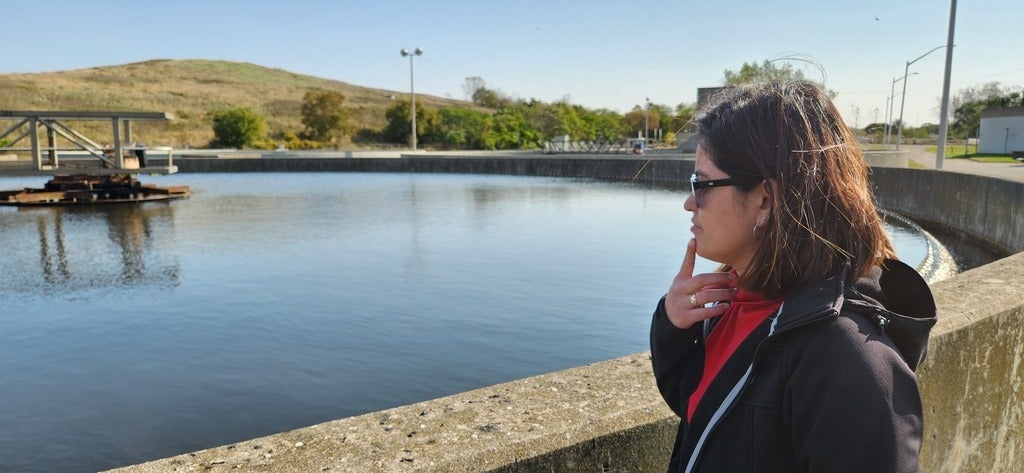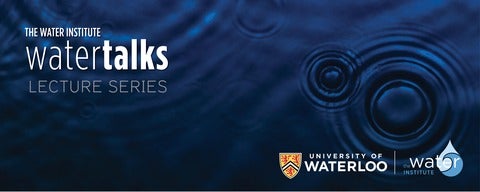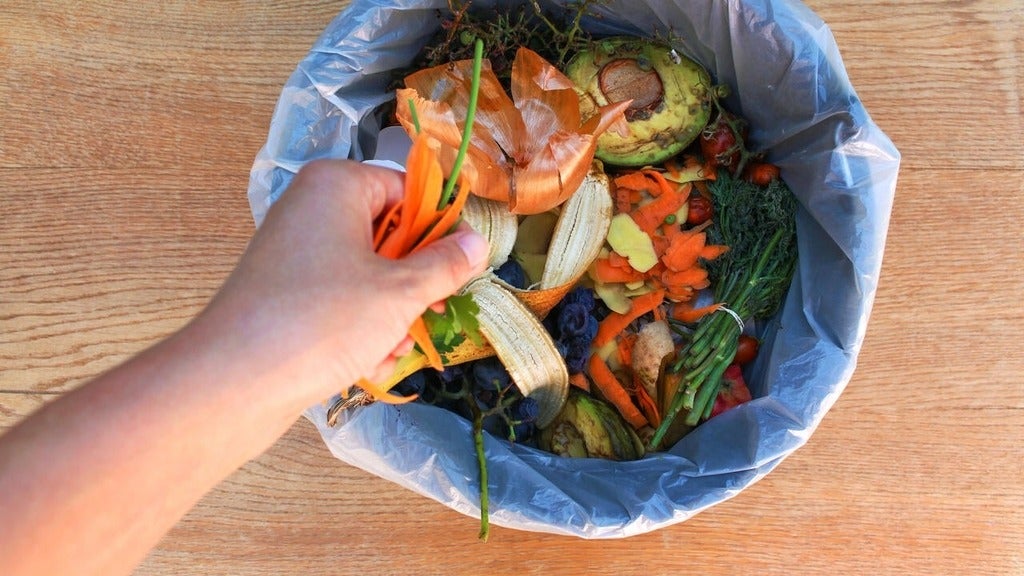$1.35M awarded to advance wastewater monitoring for opioids and other high-risk drugs
Researchers highlight wastewater monitoring as a powerful tool to support public health responses
Water Institute member Dr. Mark Servos, a biology professor and Canada Research Chair in Water Quality Protection, has received $900,000 from the NSERC Alliance Advantage fund and an additional $450,000 in provincial funding the Ontario Ministry of Environment Conservation and Parks to advance wastewater-based surveillance (WBS) methods for monitoring high-risk substances in communities.









